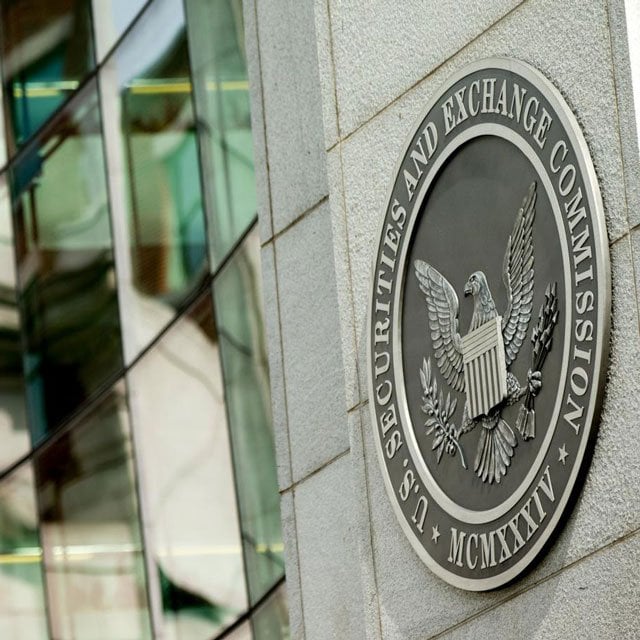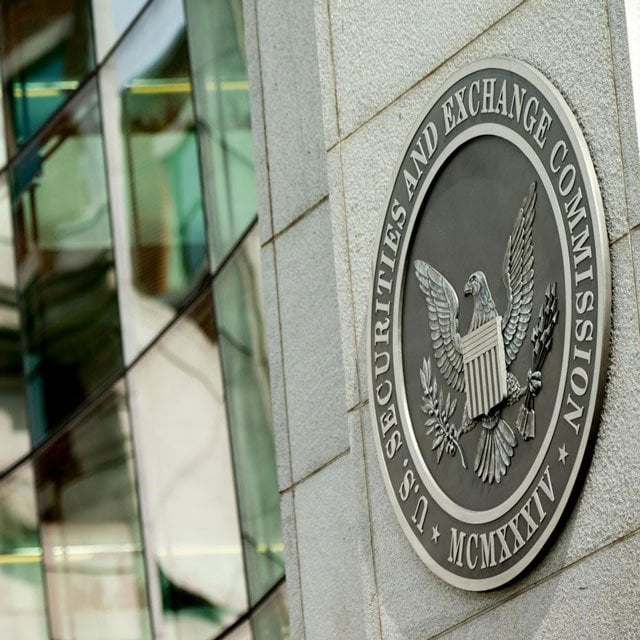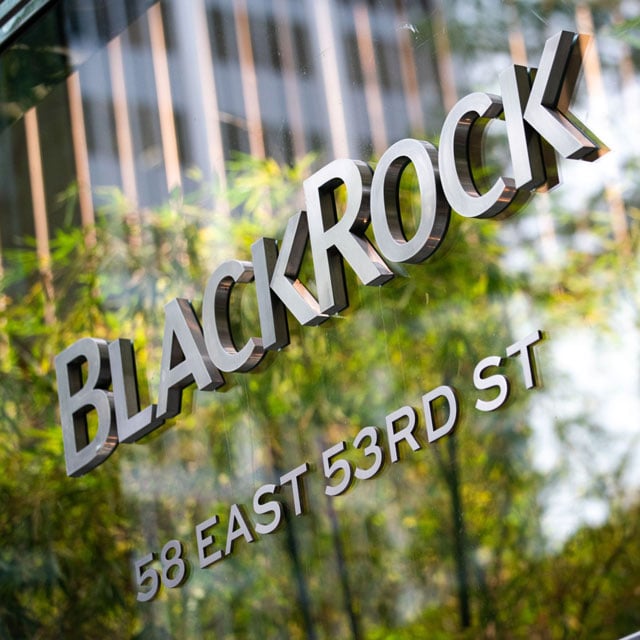
10 Reasons Advisors, Investors Should Care About ESG Investing
Assets in sustainable, responsible and impact investment assets reached almost $31 trillion by the start of 2018, up 34% from 2016, and they grew at even faster rate in the U.S., according to the Global Sustainable Investment Alliance (GSIA). Sustainable investments in the U.S., including assets chosen based on their environmental, social and governance ratings, increased at an even faster rate, rising 38% to $12 trillion and accounting for 26% of all professionally managed assets. In the past year, many asset managers including Vanguard, Fidelity, BlackRock and Nuveen have introduced sustainable and/or mutual funds or ETFs that choose investments based on their ratings for ESG criteria. In addition, about 200 funds not previously focused on ESG ratings have added ESG considerations to their investment process. BNP Paribas has taken an even more favorable stance toward sustainability, adopting an ESG overlay for all its investment strategies. Also, MSCI Inc., which develops investment indexes that are used as the basis for passive funds and the benchmarks against which actively managed funds are measured, has added ESG ratings for 32,000 equity and fixed income mutual funds and ETFs, scoring each for their long-term ESG risks and opportunities. Year to date, sustainable funds attracted an estimated $8.9 billion in net flows during the first half of this year – well more than the $5.5 billion they attracted for all of last year, according to Jon Hale, head of sustainability research for Morningstar. Despite the growing popularity of ESG-rated and sustainable funds, many financial advisors hesitate to invest client money in sustainable assets. Their reasons vary but often include the lack of standardized measurements to measure ESG criteria and concerns about performance. But there is an increasing amount of data showing that companies that score high on ESG ratings and funds that more heavily weight those assets match or outperform their non-ESG counterparts, in part because of higher risk-adjusted returns. Morningstar, for example, found that among the more than 250 sustainable funds it rates, about 60% finished in the top half in 2018 and during the first half of this year. Given the growing popularity of ESG funds, Bank of America Merrill Lynch has updated its ESG primer, providing 10 reasons why investors should care about ESG. The reasons could also be helpful to advisors, especially those whose clients are asking for ESG-focused, socially responsible or impact investments, or are potentially interested in such investments. Check out the slideshow above to learn more. --- Related on ThinkAdvisor:
© 2024 ALM Global, LLC, All Rights Reserved. Request academic re-use from www.copyright.com. All other uses, submit a request to [email protected]. For more information visit Asset & Logo Licensing.








